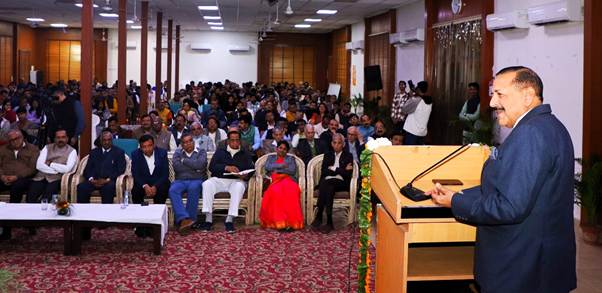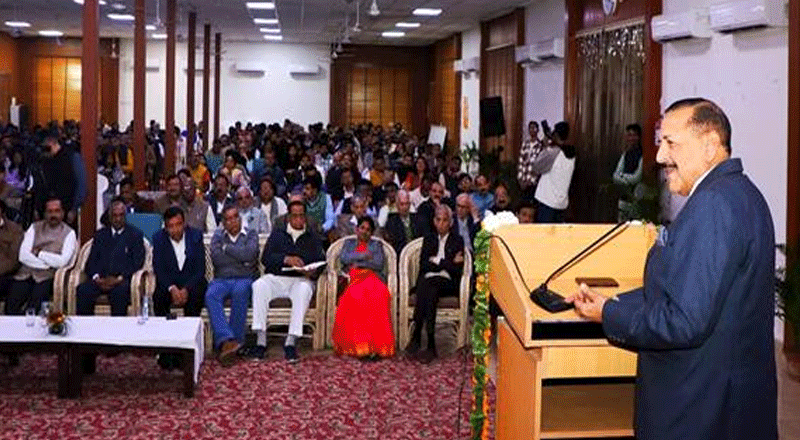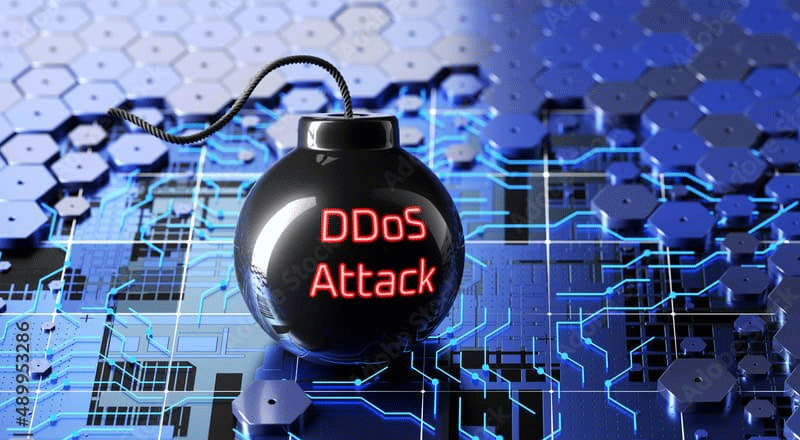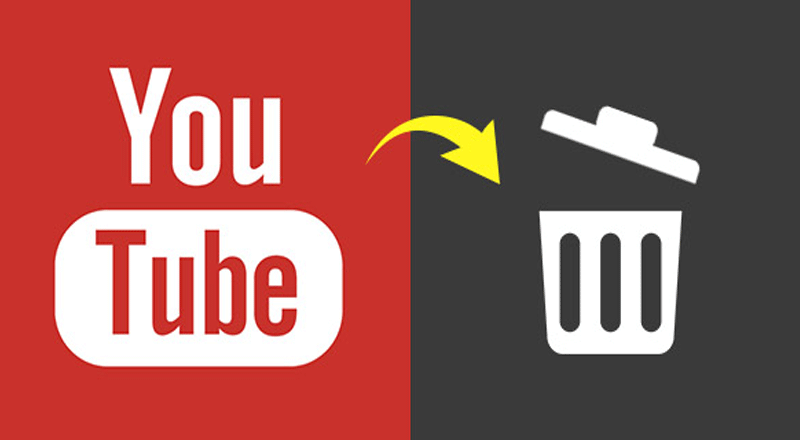Union Minister Dr. Jitendra Singh said here today that India’s quantum leap was testified by global success stories like Vaccine and Chandrayaan.
He was speaking after inaugurating the new premises of “Vigyan Bharati” in the national capital, describing the same as a long-felt need. He emphasized that the office would serve as a center for exchange of ideas and a seat of learning.

Addressing the ceremony, Union Minister of State (Independent Charge) Science & Technology; MoS PMO, Personnel, Public Grievances, Pensions, Atomic Energy and Space, Dr Jitendra Singh stated that India is witnessing a transformative era in science under the leadership of Prime Minister Narendra Modi. He highlighted how the Prime Minister not only encourages but also provides unwavering support to the scientific community, strengthening it with resources and enabling collaborations with non-governmental sectors to achieve the best outcomes.
Reflecting on the advancements of the past decade, Dr. Jitendra Singh stressed that while India has always had immense scientific acumen and talent, the missing element was commitment and prioritization from the political leadership—something that is now being actively addressed under PM Modi’s governance.

Dr. Jitendra Singh underscored the significant progress India has made, particularly in healthcare. He noted that India, once not taken seriously in curative healthcare, is now emerging as a global leader in preventive healthcare. He proudly mentioned India’s achievements, including: The first DNA vaccine developed during the pandemic. The first indigenous HPV vaccine to combat cervical cancer and rapid advancements in space technology, despite a late start in the sector. He also spoke about India’s commitment to global climate change efforts, reaffirming the country’s target of achieving net-zero emissions by 2070.
Dr. Jitendra Singh highlighted the importance of Traditional Knowledge Digital Library (TKDL), calling it a valuable repository of indigenous wisdom. He cited examples such as:
The Konark Temple in Odisha, which remained intact even after the super cyclone of 2000, showcasing India’s architectural resilience.
The growing interest in traditional medicine, as seen during the pandemic when the West explored homeopathy and naturopathy for potential remedies. He also referenced India’s success in using steel slag for road construction in Arunachal Pradesh, in collaboration with the Tata Group, drawing parallels with the durable routes of Ajanta and Ellora that have withstood the test of time.
Quoting Dr. Syama Prasad Mookerjee, Dr. Singh remarked, “By remaining committed to our legacy, we should not deprive ourselves of what is happening across the world.” He urged Vigyan Bharati to act as an interface for identifying initiatives and fostering collaborations, similar to how IN-SPACe and BIRAC have become successful platforms for the space and biotechnology sectors, respectively.
He also proudly announced India’s recent breakthrough in pharmaceuticals with the creation of the indigenous antibiotic ‘Nafithromycin’, positioning India as a leader in both traditional and cutting-edge technologies.
Dr. Jitendra Singh emphasized that integration is no longer an option but a necessity and called upon Vigyan Bharati to become a key medium for broader scientific integration. He expressed confidence that such efforts would drive India’s continued rise as a global powerhouse in science and technology.





